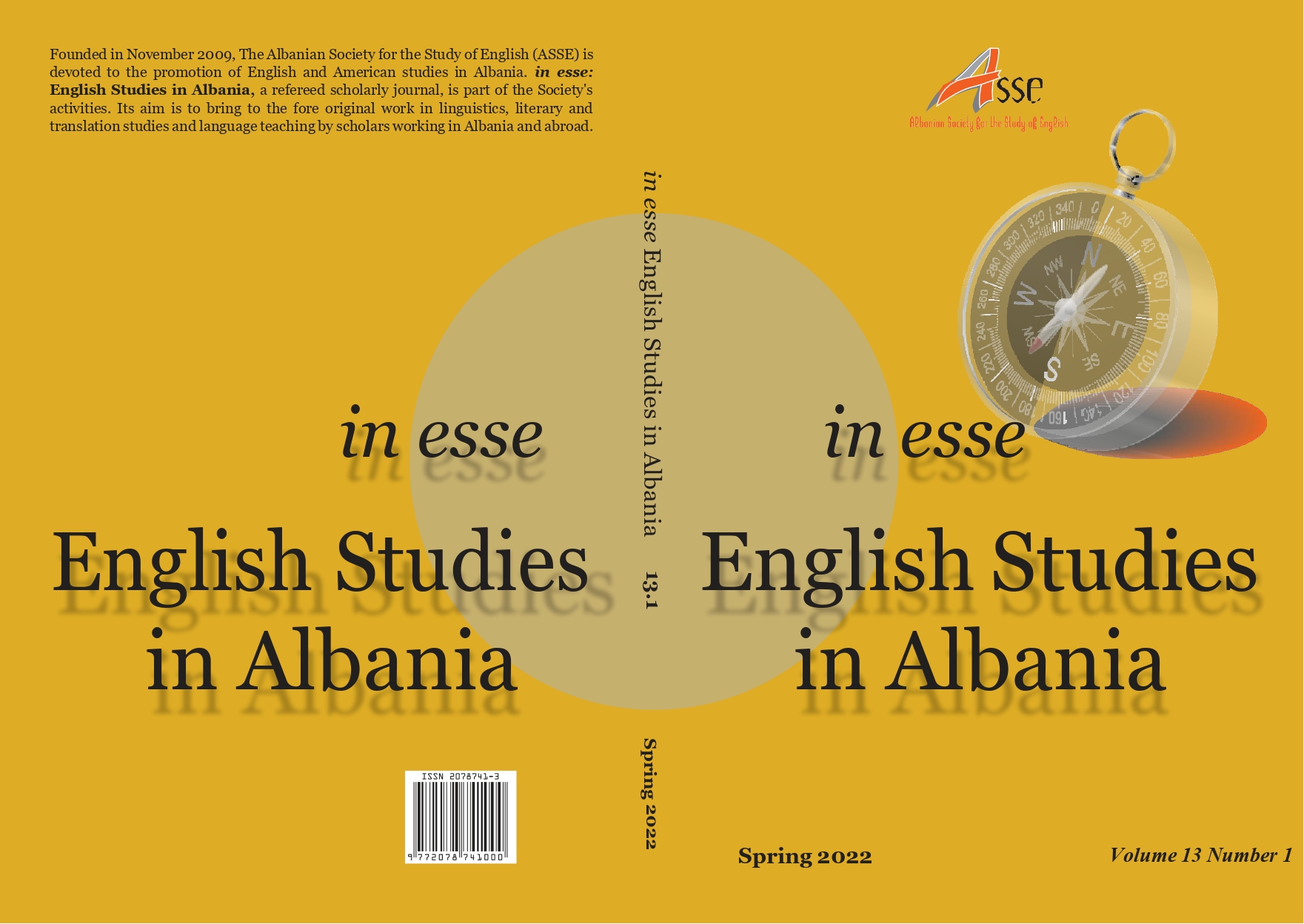Shakespeare, Phenomenology and the “Witching Time of Night”
Shakespeare, Phenomenology and the “Witching Time of Night”
Author(s): Mehrdad Bidgoli, Hossein Pirnajmuddin, Pyeaam AbbasiSubject(s): Language and Literature Studies, Ethics / Practical Philosophy, Phenomenology, British Literature
Published by: Albanian Society for the Study of English
Keywords: Shakespeare; Levinas; night; phenomenology; alterity; metaphysical; metaphysics;
Summary/Abstract: This article studies a number of William Shakespeare’s works with a focus on night as a metaphysical aspect from a phenomenological perspective. After presenting an introduction on the literary and philosophical significance of night as a (non)phenomenon (while also referring to the scarcity of research in this field) and of alterity on a metaphysical scale, we will try to discuss the ways in which Shakespeare, from the beginning of his poetic and theatrical career, seems to have been interested in night and the various effects he wished to achieve through invoking this (non)phenomenon. We will trace the growth of Shakespeare’s thought on the metaphysical aspects of night from his sonnets and poems (Venus and Adonis and The Rape of Lucrece) to some of his more mature theatrical works (chiefly A Midsummer Night’s Dream, Hamlet and Macbeth). Our aim is to show, with the help of a phenomenological treatment of Shakespeare’s language and theatre, how he moulds what can be termed a metaphysics of alterity as a literary and philosophical aspect of his work.
Journal: in esse: English Studies in Albania
- Issue Year: 13/2022
- Issue No: 1
- Page Range: 23-50
- Page Count: 28
- Language: English

